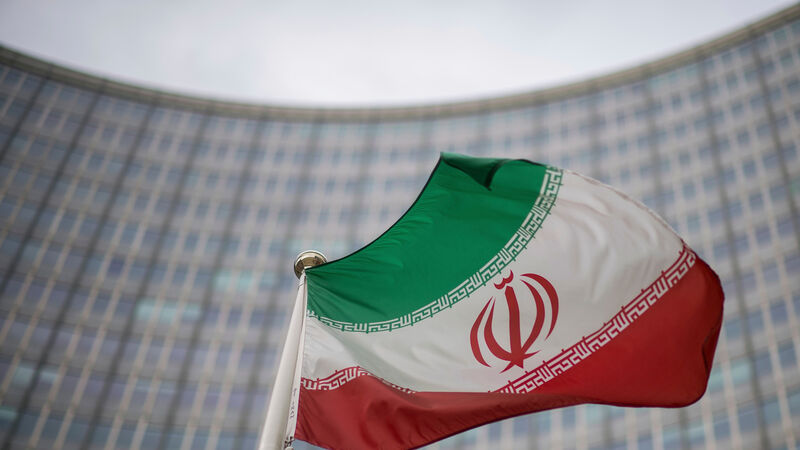Iran rejects UN atomic agency resolution and threatens reprisal actions

Iran’s foreign ministry called a resolution by the UN atomic watchdog’s board of governors “anti-Iranian” and threatened unspecified retaliatory actions, state media has reported.
The International Atomic Energy Agency demanded on Thursday that Iran fully co-operate with the organisation and provide “precise information” about its stockpile of near-weapons-grade uranium, as well as grant its inspectors access to Iranian nuclear sites.











